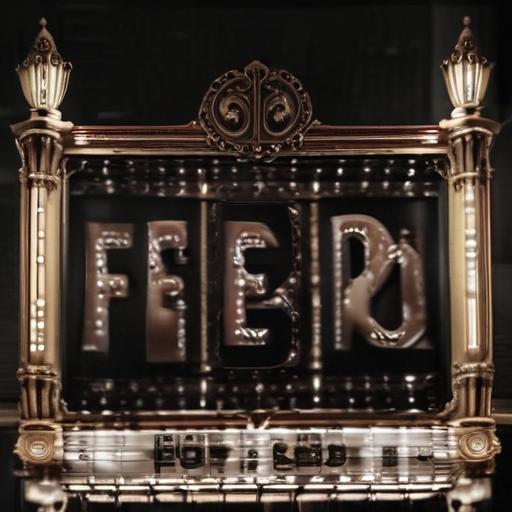Broadway luminaries Patti LuPone and Audra McDonald are at the center of a public controversy stemming from recent comments made by LuPone. This situation has stirred significant discussion within the theater community as both artists grapple with the fallout of LuPone’s remarks.
The friction emerged during a May 26 interview with the New Yorker, where LuPone described McDonald as “not a friend” and declined to comment on McDonald’s notable performance in “Gypsy,” where McDonald is currently nominated for her 11th Tony Award. Her comments drew immediate backlash, particularly after LuPone referred to Tony winner Kecia Lewis using disparaging language.
In response, McDonald expressed confusion over the rift, stating in a recent “CBS Mornings” clip, “If there’s a rift between us, I don’t know what it is,” adding that her busy life has kept her from seeing LuPone for over a decade.
The backlash prompted a strong response from within the theater circles, leading to an open letter signed by over 500 artists condemning LuPone’s words as “racialized disrespect,” “bullying,” and “harassment.” This letter called upon industry leaders to prevent those who disparage fellow artists from participating in significant events, including the upcoming 2025 Tony Awards.
Facing the mounting criticism, LuPone issued a rare apology through her Instagram account, expressing regret for her comments and acknowledging their inappropriate nature. She recognized that her actions not only hurt individuals but also contributed to a broader negative atmosphere within the arts community. LuPone appealed for further dialogue with McDonald and Lewis, signaling a desire to mend relations.
The larger context is critical here; the arts in America are facing substantial challenges. As noted in the open letter, artists are feeling marginalized and experience a lack of support and funding. The theater community emphasizes the need for unity and encouragement among artists, particularly in times of adversity.
LuPone’s willingness to apologize could also represent a hopeful turn in public discourse within the arts. Acknowledging mistakes and striving for improvement can foster a more respectful and collaborative environment in a field that is under significant pressure. As the conversation evolves, it will be pivotal for theater artists to support one another and work towards a more inclusive and prosperous community.
